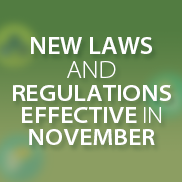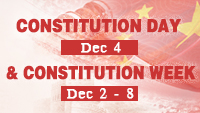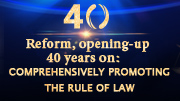Legality of non-local cars in Beijing ride-hailing services under study
Responding to reports that non-local cars will be excluded from the city's online car-hailing business, Beijing's transport authority said regulations are still being studied.
The Ministry of Transport issued draft guidelines to standardize online car-hailing services earlier this month, which recognized the business model in China and laid out rules for car-hailing operations.
To take effect on Nov. 1, the draft requires drivers providing ride-hailing services to be licensed by the authority. Local transport authorities were given the right to formulate policy details such as operational areas, prices and the equipment of cars.
Unconfirmed reports said Beijing might require drivers in the online car-hailing business to have a local hukou, or residence registration, in the capital city and cars must have local licenses. The Beijing Municipal Commission of Transport did not respond to the reports, saying only that details are under discussion.
Almost two-thirds of drivers in the capital's car-hailing industry will have to change their career if non-local cars are banned from providing services, reports said.
Before recent regulations come out, Didi Chuxing, the dominant ride-hailing service in China, said non-local cars and drivers can still receive orders and provide services at limited times and locations that follow current transport rules.
Even though Beijing has restrictions on non-local cars, many residents said they had experience of hailing such cars, while some complained cars from other cities and provinces intensify city traffic jams. But some residents in suburban Beijing welcome them, noting they help guarantee the number of taxis in service.
Beijing is not the only city with such controls. Others such as Guangzhou, Shenzhen and Hangzhou also have restrictions on non-local cars used in car-hailing services or other travel.
Gu Dasong, a professor of transportation law at Southeast University, suggested that local governments use market tools to manage non-local cars. For example, authorities could charge congestion fees during rush hour, he suggested.



